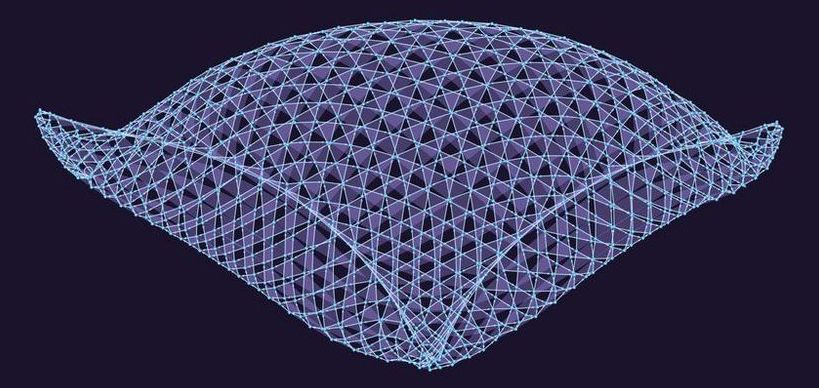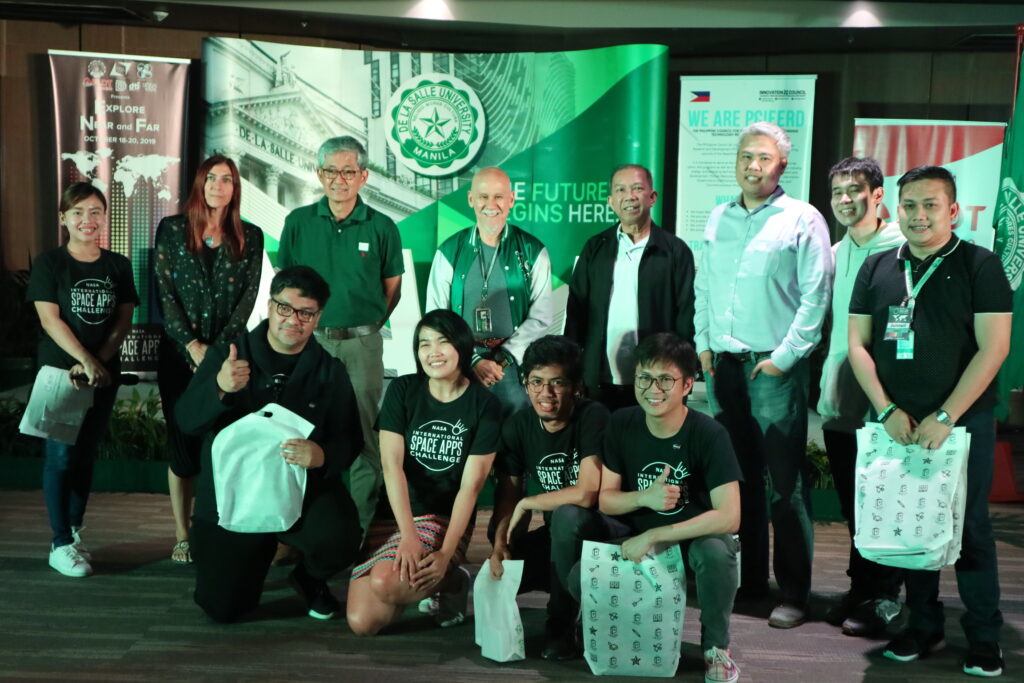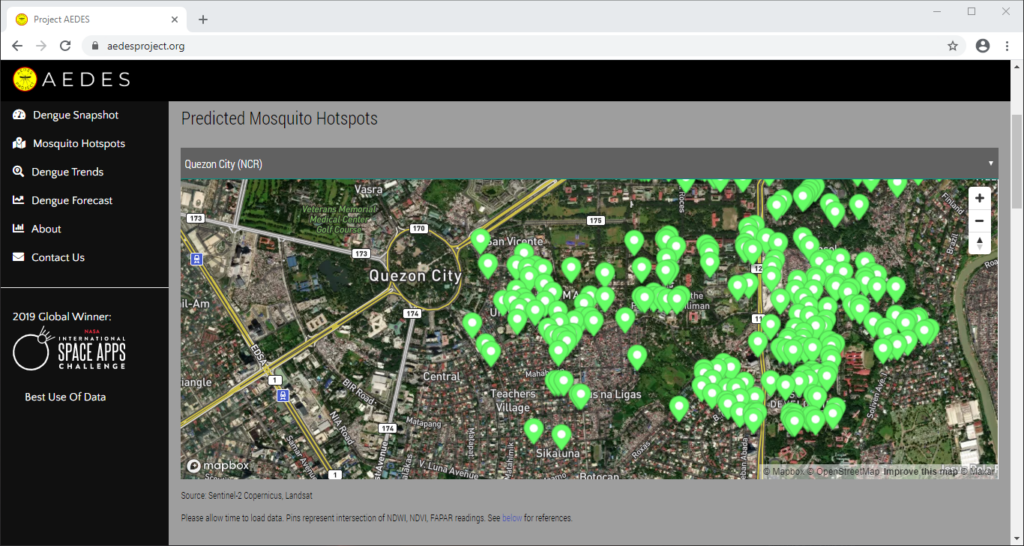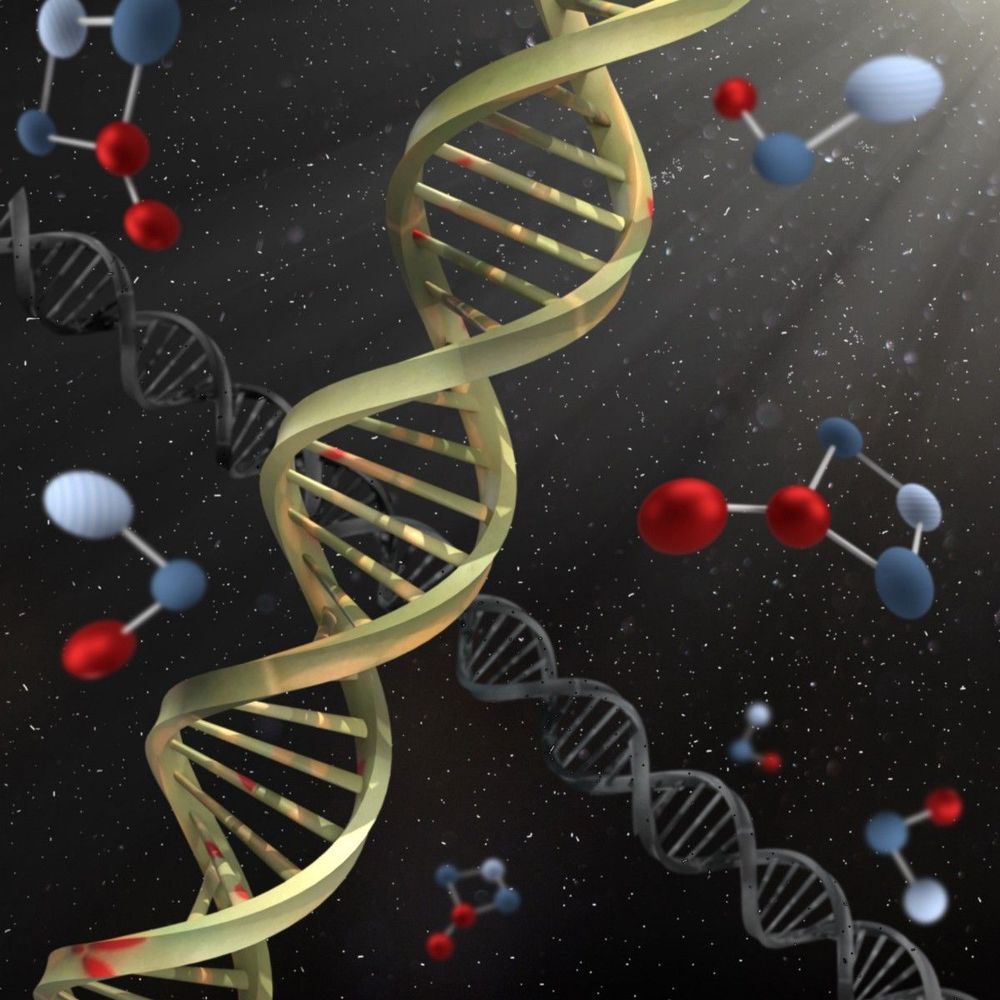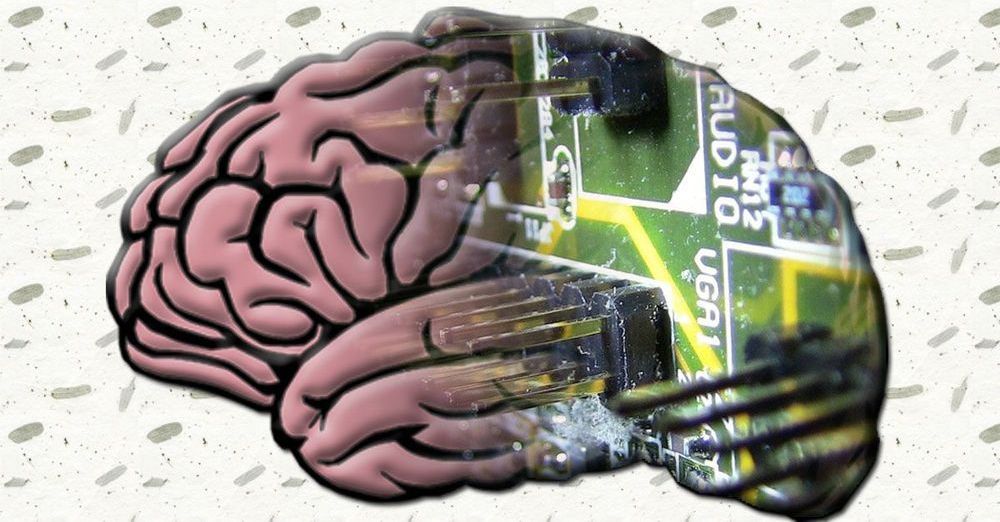Robots could soon assist humans in a variety of fields, including in manufacturing and industrial settings. A robotic system that can automatically assemble customized products may be particularly desirable for manufacturers, as it could significantly decrease the time and effort necessary to produce a variety of products.
To work most effectively, such a robot should integrate an assembly planner, a component that plans the sequence of movements and actions that a robot should perform to manufacture a specific product. Developing an assembly planner that can rapidly plan the sequences of movements necessary to produce different customized products, however, has so far proved to be highly challenging.
Researchers at the German Aerospace Center (DLR) have recently developed an algorithm that can transfer knowledge acquired by a robot while assembling products in the past to the assembly of new items. This algorithm, presented in a paper published in IEEE Robotics and Automation Letters, can ultimately reduce the amount of time required by an assembly planner to come up with action sequences for the manufacturing of new customized products.
